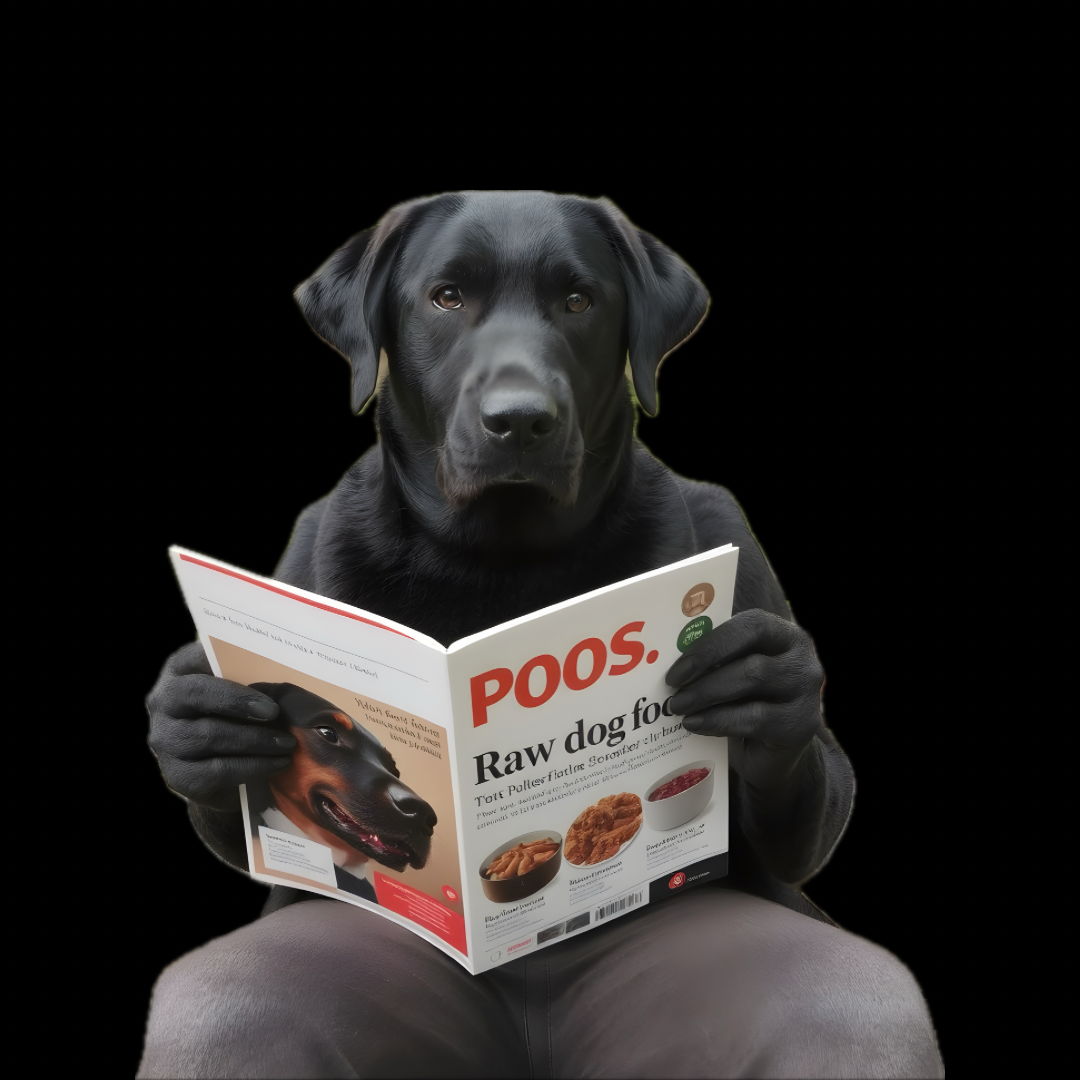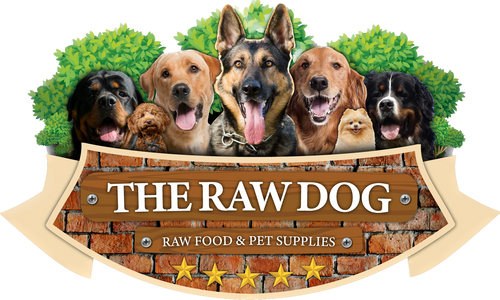
JOIN THE PACK
The Rules?
Leave no dog behind.
Eat with us once, and you’re in. Stay active, and you keep access.
Go quiet and you’ll become a stray..
Join the Pack. Claim your spot. Dont go hungry…


The Rules?
Leave no dog behind.
Eat with us once, and you’re in. Stay active, and you keep access.
Go quiet and you’ll become a stray..
Join the Pack. Claim your spot. Dont go hungry…